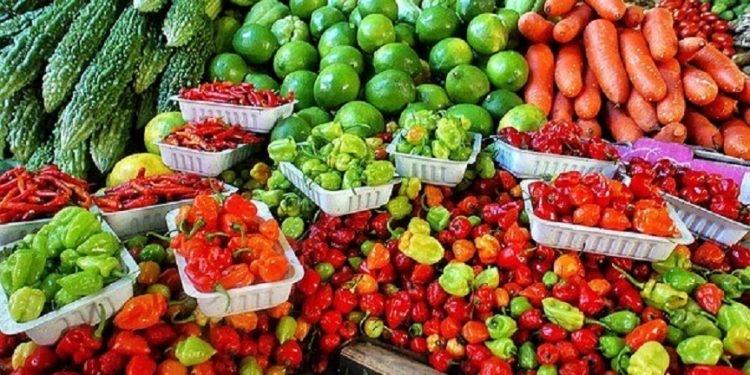The Federal Government has restated its determination to end the persistent rejection of Nigerian agricultural exports in the international market, pledging tougher quality control measures, better certification, and improved financing for agribusinesses.
Speaking at the First Bank Agric and Export Conference in Lagos, the Minister of Agriculture and Food Security, Abubakar Kyari, described the trend of Nigerian goods being turned back at foreign borders as both an “embarrassment” and a major barrier to export growth.
“Every commodity must be certified, traceable, and meet global standards,” Kyari declared, stressing the importance of strengthening laboratory facilities, certification processes, and farmer training programmes.
The minister highlighted a troubling contrast in Nigeria’s performance compared to global competitors. Despite being one of the world’s largest cocoa producers, Nigeria earns less than $400 million annually from value-added cocoa exports, while Ghana generates about $2 billion from cocoa and Vietnam secures $4 billion from coffee exports.
FirstBank’s Group Managing Director, Segun Alebiosu, assured that the bank will continue supporting farmers and exporters with financing options tailored to their needs. However, Kyari cautioned that funding alone cannot drive export growth without parallel improvements in infrastructure, logistics, and value addition across the agricultural value chain.
Also speaking at the conference, the Minister of Trade, Industry and Investment, Jumoke Oduwole, represented by the Executive Director of the Nigerian Export Promotion Council (NEPC), Nonye Ayeni, emphasized the need to swiftly activate the National Single Window project. This platform, once implemented, would streamline documentation, reduce bottlenecks, and make Nigeria’s export process more competitive.
Stakeholders at the conference, including Lagos State Governor Babajide Sanwo-Olu, underlined the importance of involving youth and women in agribusiness. They stressed that Nigeria’s non-oil export future depends not only on quality control but also on inclusive participation that creates jobs and fosters innovation.
The renewed commitment comes at a time when Nigeria is working to diversify its economy away from crude oil dependence. Agriculture remains one of the country’s strongest comparative advantages, but international rejection of exports due to quality and safety issues has slowed growth.
With stricter enforcement of standards, improved financing, and better logistics, the government hopes to restore confidence in Nigerian exports, expand global market access, and unlock billions of dollars in non-oil revenue.










